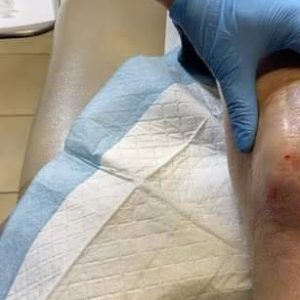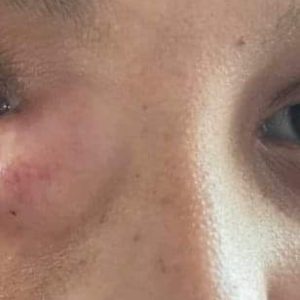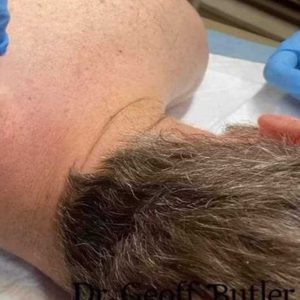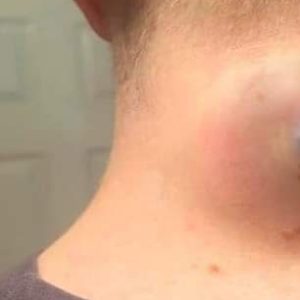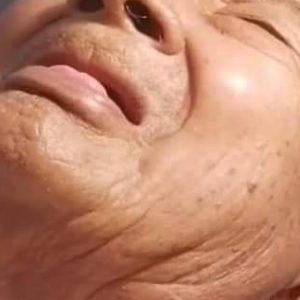Scalp psoriasis is a long-term (chronic) autoimmune condition (caused by your own immune system) that causes your skin cells to multiply excessively. It causes thick, discoloured patches of skin (plaques) on your scalp and surrounding areas. Doctors at Kayakalp Global considers these as some examples of the areas where the patches may be seen:
- Your hairline.
- On your brow.
- The rear of the neck.
- The skin that surrounds your ears.
Scalp Psoriasis causes thick, rough, scaly, dry, discoloured plaques to form on your scalp and surrounding skin. The plaques might itch or hurt. Scalp psoriasis can cause hair loss (alopecia), and rubbing your plaques can aggravate the condition.
Scalp psoriasis can cause you to be self-conscious about how others perceive you. It can also influence your behaviour and how you perceive yourself. You may develop self-consciousness, as well as tension, anxiety, and sadness.
Causes Of Scalp Psoriasis
The specific aetiology of scalp psoriasis is unknown, however, it is thought to be associated with an immune system defect that causes skin cell overproduction. This overproduction of skin cells causes elevated, scaly areas to grow on the scalp.
- Stress and anxiety
- Cold weather
- Dry air
- Infections, such as strep throat
- Certain medicines
- Skin injuries, such as cuts or burns
- Drinking Alcohol
- Smoking
It should be noted that not everyone who is exposed to these triggers develops scalp psoriasis, and some people may have no recognised triggers at all.
Scalp Psoriasis Types
Scalp Psoriasis can be classified into numerous categories, the most common ones being:
- Plaque psoriasis is the most prevalent type of scalp psoriasis, characterised by elevated, red, scaly patches on the scalp.
- Inverse psoriasis: This type of psoriasis causes red, glossy patches in locations where the skin folds, such as behind the ears.
- Guttate psoriasis is characterised by tiny, drop-shaped lesions on the scalp and other parts of the body.
- Pustular psoriasis: It creates pustules (pus-filled blisters) on the scalp and other parts of the body.
- Erythrodermic psoriasis: A rare but severe form of psoriasis that affects the entire body, especially the scalp, causing extensive redness and scaling.
Working with a healthcare practitioner is essential to determining the scalp psoriasis types you have and the best treatment plan for your specific situation. Some therapies may be more helpful for particular scalp psoriasis type than others, so it’s critical to talk with a doctor at Kayakalp Global about all of your options.
Scalp Psoriasis Symptoms
The scalp psoriasis symptoms differ.
Mild scalp psoriasis symptoms may merely consist of little, thin scales or flaking that resembles dandruff.
Symptoms of Scalp Psoriasis, ranging from moderate to severe, include:
- Plaques that are raised and discoloured (red, brown, grey, or purple) with a white or silvery surface of dead skin cells.
- Plaques on the majority of your scalp or the entire scalp.
- Plaques on your hairline, forehead, back of your neck, or around your ears.
- Dryness.
- Skin flaking.
- Itching.
- Fissures (cracks).
- Bleeding.
- Itching or soreness.
